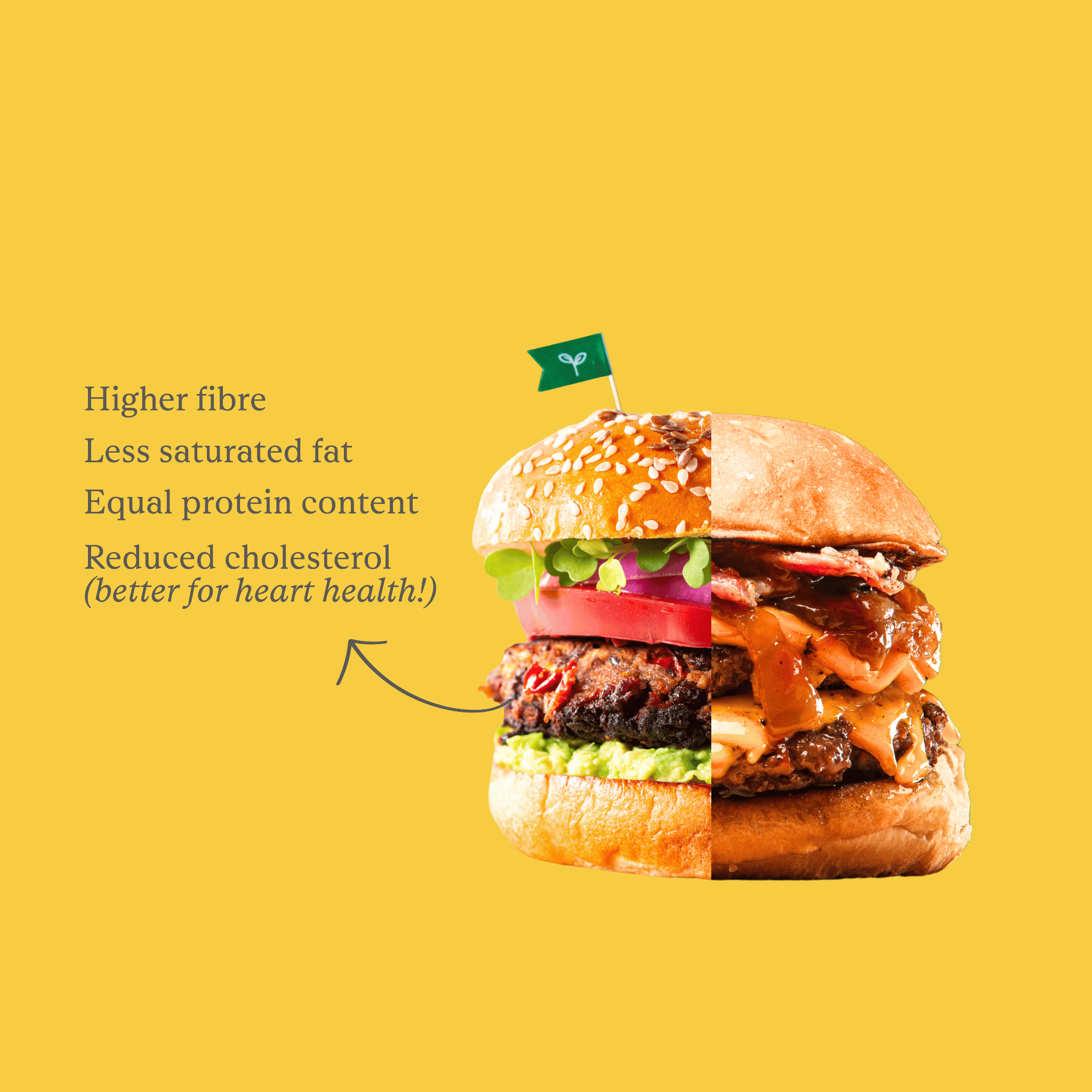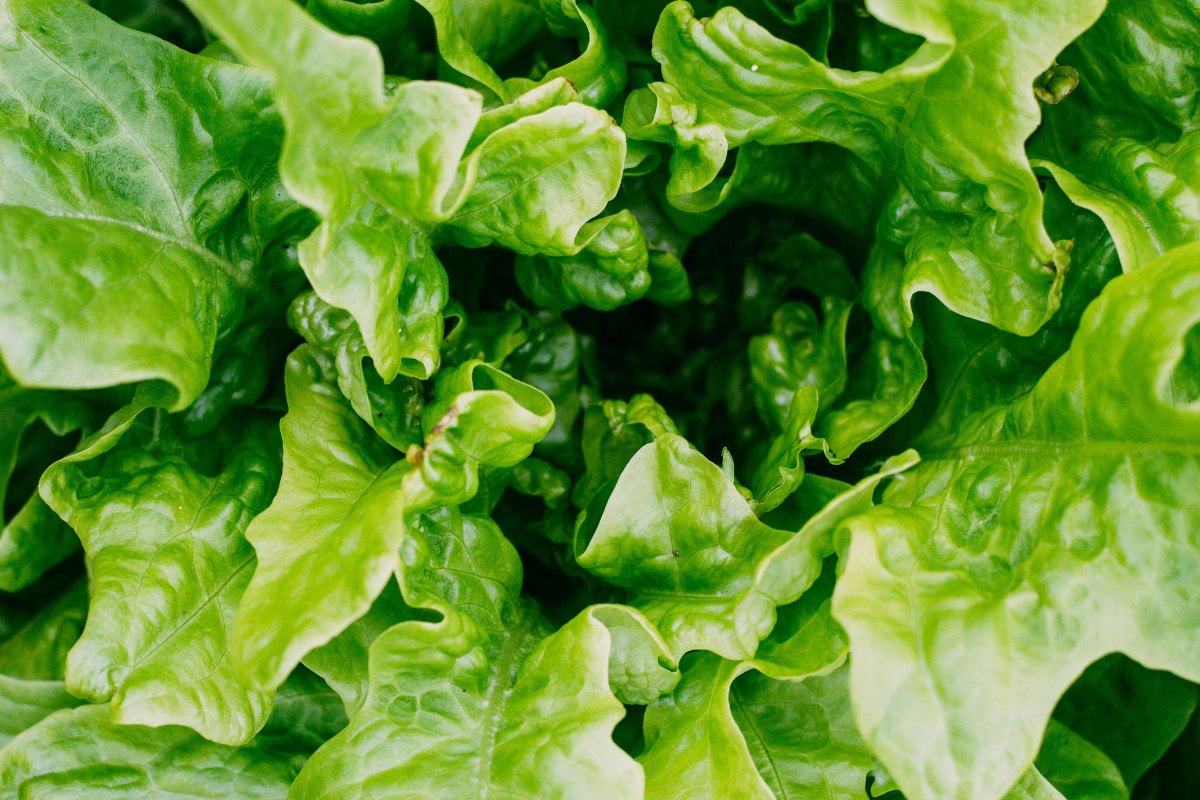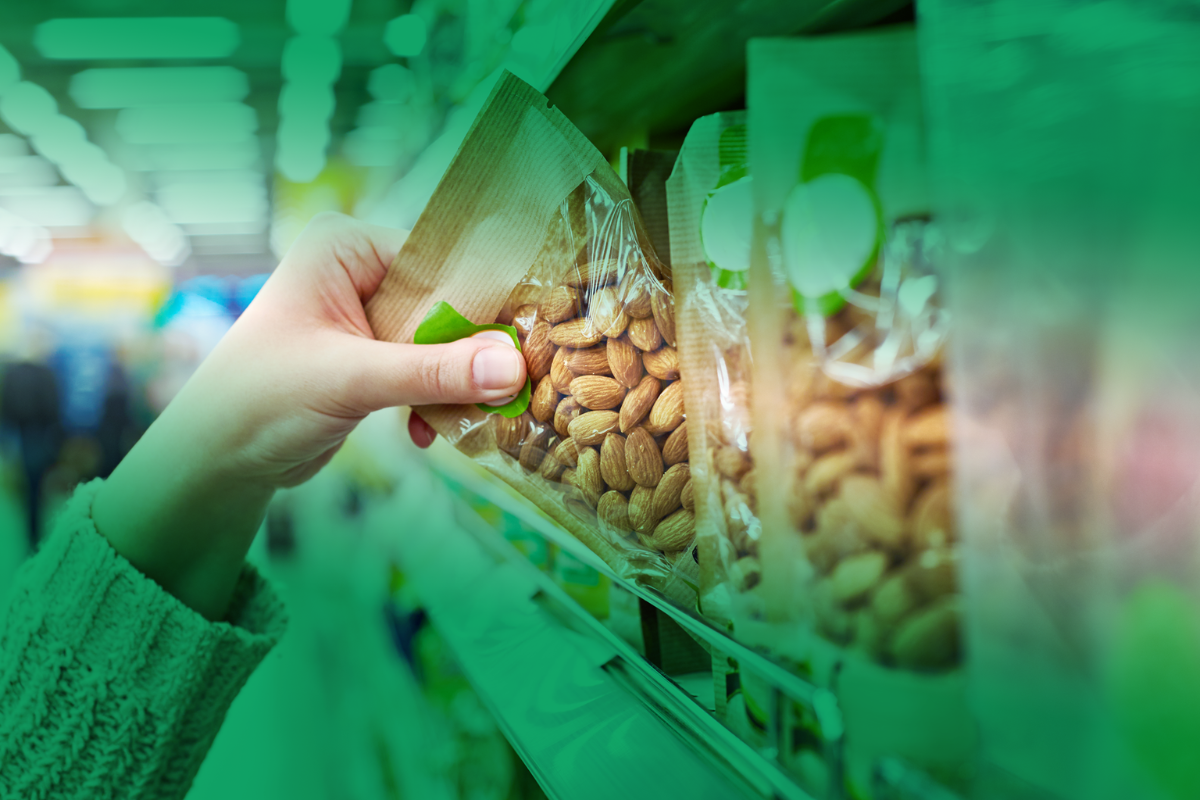Dr Sarah Ison
27
May
2025
Ultra-Processed Foods, or UPFs, are dominating news sites, opinion pages and influencers’ social posts.
They are a tempting subject for posts that have a fraction of a second to get your attention, given they relate to food and health, something we are all interested in to some extent.
But, beyond health UPFs could also be a key climate and environment issue, and the lack of nuance in the debate swirling around them could be slowing progress in a vital area of climate action.
It’s not often arguing for balance is considered radical, but in the case of UPFs, attempts at nuance are increasingly difficult as the debate becomes ultra polarised and ‘UPF’ becomes a dirty word - well, dirty acronym.
And this polarisation is eroding confidence in a type of food which can help reduce emissions.
Food generates around one-third of greenhouse gas emissions, with animal foods producing twice the emissions of plant foods, around 20% of all human-induced emissions. Animal agriculture also has a huge impact on wildlife decline and fresh water use. It contributes to an increased risk of future pandemics, antibiotic resistance, and can cause immense suffering to farmed animals.

Globally 58% of protein comes from plants and 42% from animals, high-income countries get 65% from animals, compared with 20% in low-income countries. In most countries, people consume more protein than health experts say they need.
Too much red and processed meat, and not enough plants is stoking levels of obesity, diabetes, cardiovascular diseases and certain types of cancer. So dietary change, most importantly, protein diversification, can improve health, as well as tackle climate change and restore nature.
Plant-based meat alternatives (PBMAs), are a sustainable alternative to meat, in addition to whole plant protein foods such as legumes, nuts and seeds and minimally processed tofu and tempeh.
But there are signs that PBMAs, which had soared in popularity, have started to fall victim to the polarised debate around UPFs.
The first, and most obvious, issue with the UPF label is that it doesn’t discriminate. Not all UPFs are created equal. There is a vast difference between cookies and sweets on the one hand and wholewheat breakfast cereals fortified with vitamins on the other, but they can fall into the same category in many people’s minds.
Looking at PBMAs, they are classified as ultra-processed due to the multiple and types of ingredients they contain. This has led to concerns about their health credentials.
But we should not be comparing them to wholegrains, we should be comparing them to their meat-based counterparts. When we do that, we see clearly that they have better nutrition profiles (higher fibre, less fat and saturated fat) and can equal the protein content of your ‘regular’ burger or sausage.

Expanding this to include soy milk, recent systematic reviews and meta-analyses demonstrate health benefits when substituting PBMAs for conventional meat and soy for cow's milk. For meat substitutes, key benefits were reductions in cholesterol and modest weight loss, with more pronounced benefits with mycoprotein-based products like Quorn. Soy milk substitution reduced bad and increased good cholesterol, as well as decreased blood pressure and a marker of inflammation.
Importantly, neither showed negative health impacts. For soy milk, these benefits were consistent regardless of whether products contained added sugars.
These findings suggest plant-based alternatives can play a positive role in cardiovascular health by reducing cholesterol, with soy milk offering additional benefits for blood pressure and inflammation, and meat substitutes for weight loss.
The evidence supports their inclusion in healthy diets, particularly given the need to address the climate, nature and human health crises by reducing meat and dairy.
Again, nuance is crucial here, inclusion in healthy diets. They are not designed to be a dominant part of one’s diet.
More research is needed to understand why UPFs are linked to poor health, the mechanisms are still not clear.
PBMA manufacturers should also be following the science. Keep added salt and sugar to a minimum, keep up with the evidence and adjust accordingly.
Finally, there are those who benefit from the lack of nuance in the conversation around PBMAs. Questioning the health credentials of plant-based meat and milk, while ignoring the evidence about those of their animal-based counterparts is becoming a tried and tested tactic, most spectacularly demonstrated in this 2020 Superbowl advert.
So what are consumers supposed to do? People who want to introduce more plants to their plates could be forgiven for feeling confused by the avalanche of competing messages around PBMAs.
Research in this area is exploding, so it is incumbent on all to act in the best interests of people’s health, and that of the planet, by contributing to high quality information that helps us understand the effect of different foods and not seek to cherry pick or weaponise individual studies.
After all, our health, and that of the planet, is at stake.
A version of this piece first appeared in Green Queen.
.png)


